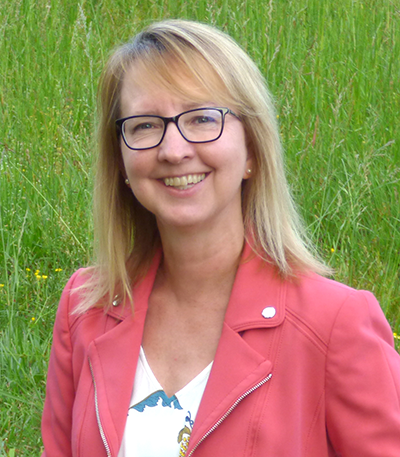Subtitled: How to unlock the secret language of connection
As of this posting date (mid-May, 2024) this book is on the best seller list, and for a great reason! This book has some great tips for how we can connect with other people on a much deeper more meaningful and effective way, whether it’s our colleagues at work or our families at home.
The author has shown that conversations really come down to three main types:
- What’s this all about
- How do we feel
- who are we
I see these as the first one – what’s this all about – as a conversation meant to come to some decision. The second one – how do we feel – is usually a conversation about exploring or processing our emotions. And then the “who are we” type of conversation is about identity, so it’s exploring what the other person is attaching their identities to, what do we stand for, our values and beliefs.
It’s really interesting to think about how every conversation really boils down to these three types. They might start off as a conversation about working through some decisions, but then it might morph into a conversation about emotions.
Along the way, he gives us great information about how to discern what type of conversation is going on, because when we do recognize the type, it really helps us to process that conversation a little easier and better. And to ask some questions to really get the heart of what the other person is looking for or is trying to process.
One of the more interesting aspects of these conversations was learning that a lot of people might cringe when they hear someone wants to get deeper in their conversations, but research is showing we actually enjoy those conversations more than just the surface level ones. So for instance, if you’re tired of asking the same old questions at a networking event, but you’re not sure if the other person’s really wanting to open up, try some of the questions below to get a little deeper.
Here’s how shallow questions can become deep:
Instead of asking where do you live,
ask what do you like about your neighborhood?
Instead of asking where do you work,
ask what was your favorite job?
Instead of asking where did you go to college,
ask what was the best part of college?
Instead of how long have you lived here,
ask what’s the best place you’ve ever lived?
So just a little sample of questions showing us we can adjust just a little bit in order to make a stronger connection.
Have you read this book? If so, let me know what your top takeaways are!
